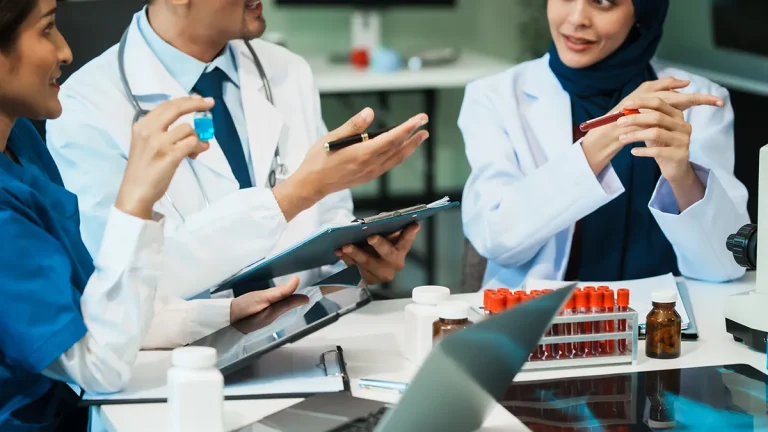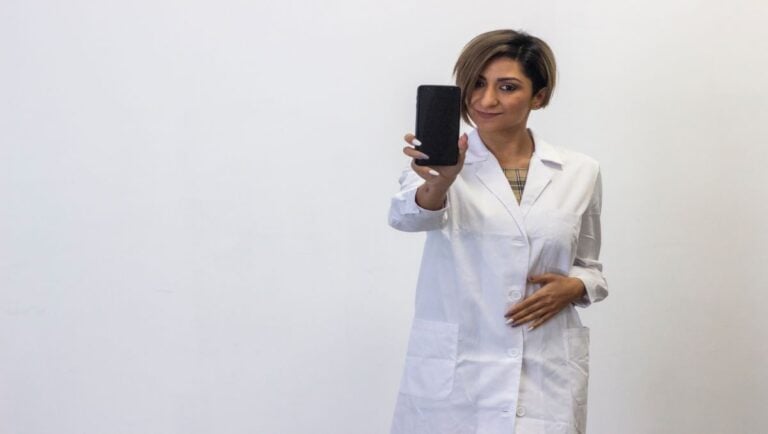
Pharmacy School
Authors: Jovin Lezeau, PharmD, Raechel Moore, PharmD, BCACP, Kim Finley, PharmD, BCACP Do you find yourself scrolling through your social media platforms when bored or stressed as a means for entertainment and pleasure? Accessing social ... Read more
Dr. Jovin Lezeau
Updated June 22, 2022 by Dr. Jovin Lezeau
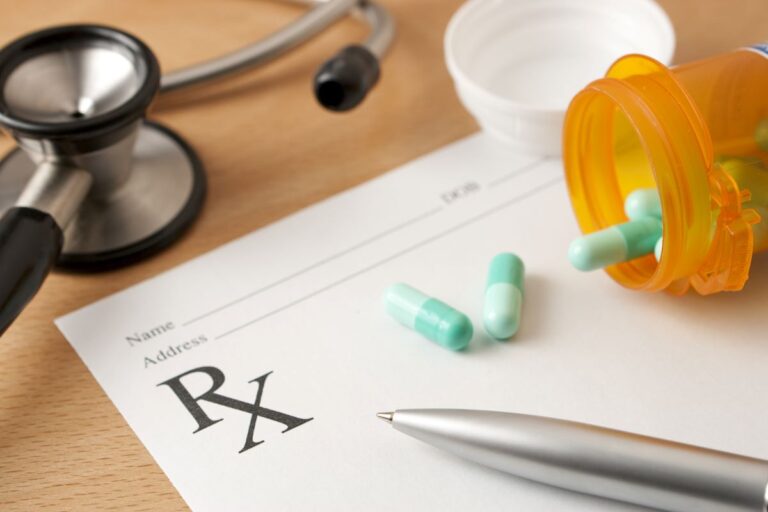
Physician Q&A
We would like to introduce Nathan M. Gartland, PharmD, the author of Pharm.D. To M.D. Please check out our book review here! When did you first decide to become a pharmacist? I was first introduced ... Read more
Student Doctor Network
Updated June 22, 2022 by Student Doctor Network

Pre-Health
It takes a lot of work to get accepted to graduate school as a healthcare professional. You must maintain good grades while taking numerous prerequisite courses, shadow and volunteer in several settings, obtain recommendation letters, ... Read more
Dr. Jasmine Marcus, PT, DPT, CSCS
Updated June 26, 2022 by Dr. Jasmine Marcus, PT, DPT, CSCS

Pre-Medical
Introduction & Background The CASPer (Computer-based Assessment for Sampling Personal Characteristics) test is a 90-minute online situational judgment test (SJT) created by McMaster University in Ontario, Canada. This computer-based test is taken in a non-proctored ... Read more
Kevyn To
Updated June 26, 2022 by Kevyn To

Pre-Health
Posted with permission from Study Medicine Europe.
Study Medicine Europe
Updated June 26, 2022 by Study Medicine Europe
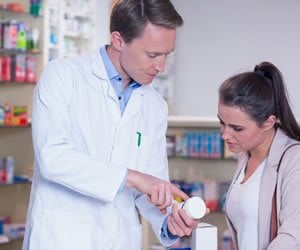
Pharmacist Q&A
Applying to professional school can be one of the most daunting challenges of a student’s career. The pharmacy admissions process is no exception, and students may find it overwhelming at times. The Student Doctor Network ... Read more
Student Doctor Network
Updated June 27, 2022 by Student Doctor Network
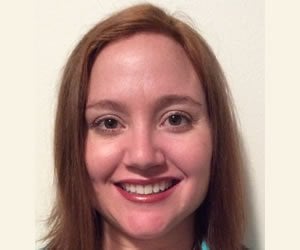
Pharmacist Q&A
Karla Turney shares her thoughts on the field of pharmacy and offers some advice for students.
Juliet Farmer
Updated June 27, 2022 by Juliet Farmer

Pharmacist Q&A
Cindy Stowe shares her thoughts on the field of pharmacy and offers some advice for students.
Mary Bystrek, PharmD
Updated June 27, 2022 by Mary Bystrek, PharmD
Pharmacy
Dr. Barb Kasper and Dr. Sarah Lawrence share tips to help students get the most out of their APPE rotations.
Sarah Lawrence
Updated February 27, 2019 by Sarah Lawrence
